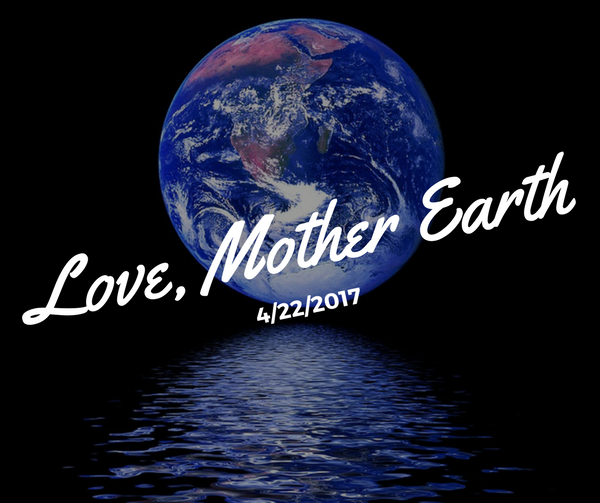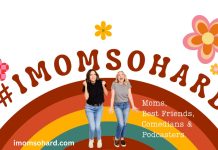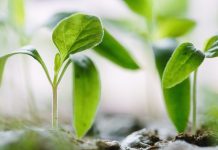I never thought of myself as an advocate for the environment. As a matter of fact, I do not think I ever actually cared for the environment; not in any active manner at least. The environment and I had always coexisted alongside each other, and never gave each other a second thought. I have always done my thing and it has always done its. No questions asked, no answers given. Then, I moved to Portland, and had time to think about it.

Growing up in Beirut, we always turned the lights off as we left a room. When we brushed our teeth, or did the dishes, we made sure to run the water only when necessary. The laundry dried on the line, ironed only when needed. We turned heaters and air conditioners on only as a last resort, and often capitalized on the heat from the oven to warm up the kitchen. We reused bags, stored our food in glass containers, and, of course, used both sides of any paper. I had always preferred walking over driving, dining in rather than taking out. I watched my uncle give stale bread to the pigeons, and leftovers to the man on the sidewalk.
You see, I grew up in Lebanon during many wars, and those wars shaped our lives, and dictated what we could do, when, and with how much. Our lives were driven by economics of every day conservation and survival, not the environment. Using less meant we spent less, and had more. Whether our decisions and consumption patterns impacted the health of the environment was of secondary, if any, importance.
This way of life moved with me when I relocated to Portland twenty-three years later, without any labels or qualifications. To me, that is how I and my peers did things, and we did them with an eye at economics, not the environment, and not just on Earth Day, but every day.
Becoming the adult I am now surrounded by all the environmentally conscious people in Portland, I see my upbringing paying off. What I thought to be a deficient, limited, lifestyle, turned out to be the preferred lifestyle. I had walked right into environmentalism without even knowing it. I was doing all the “right” things without having to be trained to do them. I had been earth-friendly after all, and I was naturally passing it on to my children, and rubbing it off on my American-raised husband.
In our house in Sellwood, we, not only live in less, we live with less. We turn off the lights and water, run the heat only when we are around, reuse aluminum foil and packing material, and walk to school. But it is not simply money guiding our decisions to borrow that book from the library, patch those socks, fix that broken toy, and reuse that bag. Now, we decide how to live by the impact we create, the legacy we leave, and the lessons we teach. Everything ends up somewhere; we try to keep it with us as long as we can knowing that one day the environment will thank us.
As it turned out, less is really more!













